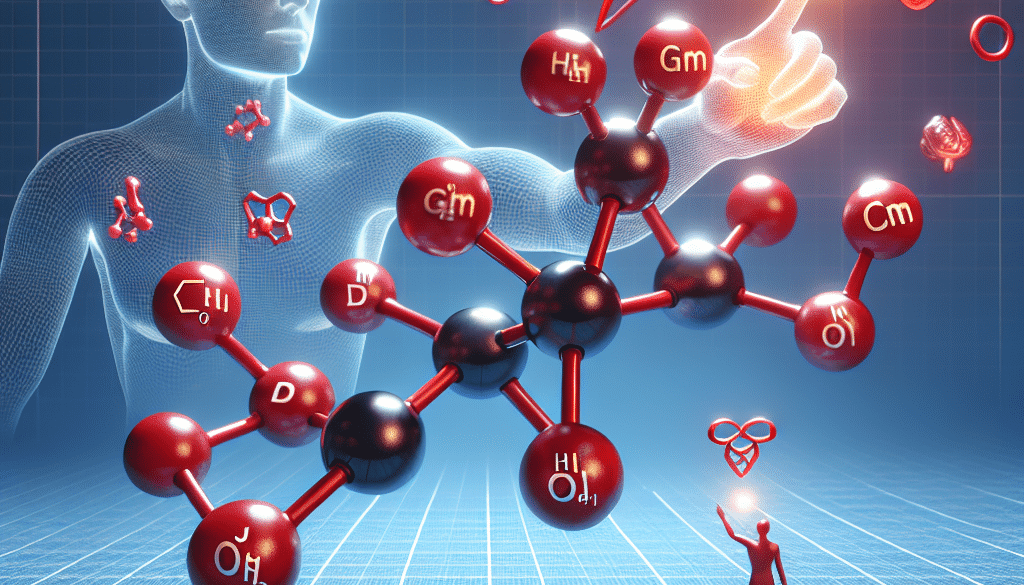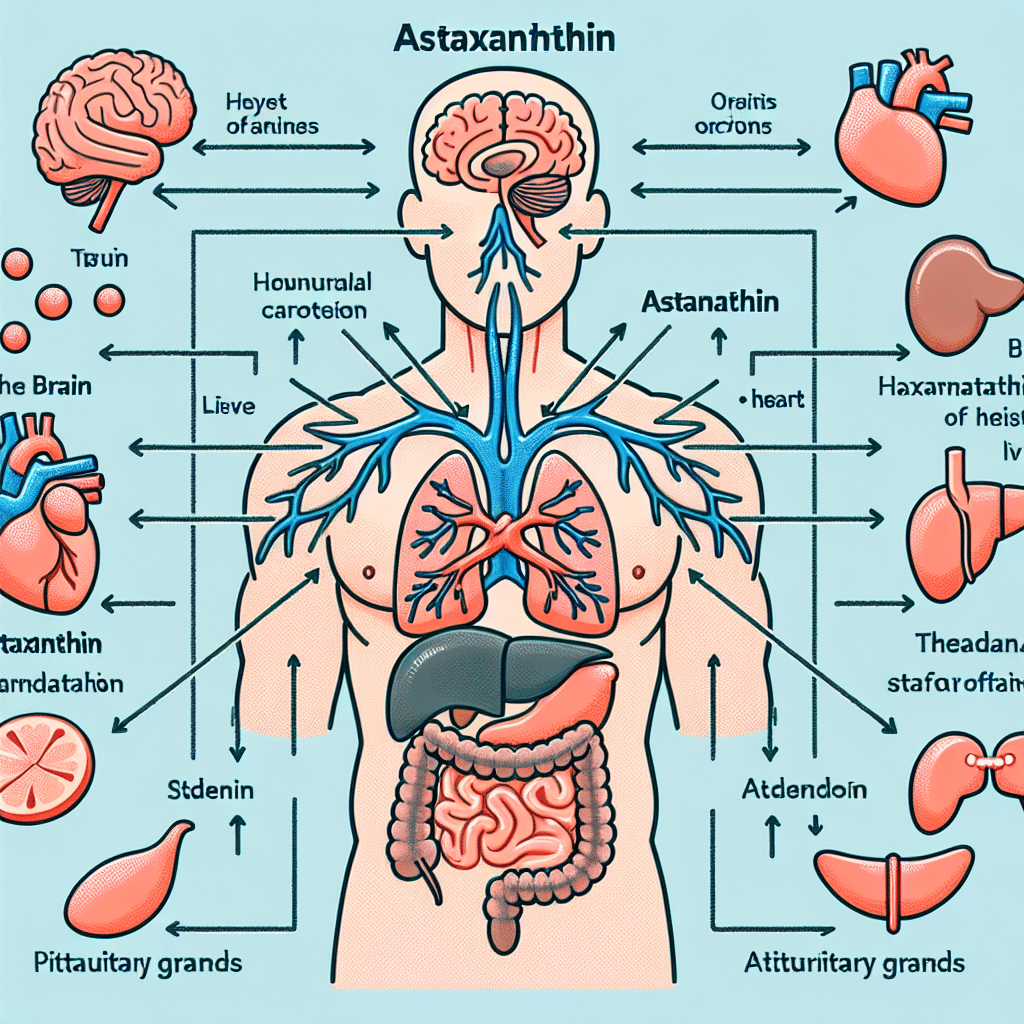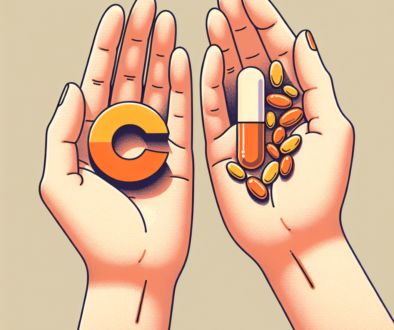What hormonal effects does astaxanthin have?
-
Table of Contents
- Astaxanthin’s Hormonal Effects: Insights and Implications
- Understanding Astaxanthin
- The Endocrine System and Hormones
- Astaxanthin and Hormonal Health
- Testosterone Levels and Fertility
- Estrogenic and Anti-Estrogenic Effects
- Stress Hormone Regulation
- Thyroid Hormone Modulation
- Case Studies and Clinical Trials
- Statistics and Research Findings
- Conclusion: The Hormonal Harmony of Astaxanthin
- Discover ETChem’s Protein Products
Astaxanthin’s Hormonal Effects: Insights and Implications
Astaxanthin, a naturally occurring carotenoid found in certain marine plants and animals, has been the subject of numerous studies due to its potential health benefits. Known for its powerful antioxidant properties, astaxanthin has been linked to a variety of positive health outcomes, including improved skin health, enhanced athletic performance, and reduced risk of chronic diseases. However, its impact on the hormonal system is an area of growing interest among researchers. This article delves into the hormonal effects of astaxanthin, exploring the scientific evidence behind its influence on the endocrine system.
Understanding Astaxanthin
Astaxanthin is a keto-carotenoid that imparts the pink and red color to salmon, shrimp, lobster, and other seafood. It is also present in the microalgae Haematococcus pluvialis, which is the primary source for commercially produced astaxanthin supplements. Unlike some other antioxidants, astaxanthin does not become pro-oxidant in the body, making it a particularly safe supplement to consume.
The Endocrine System and Hormones
The endocrine system is a network of glands that produce and release hormones, which regulate many of the body’s functions, including growth, metabolism, and reproduction. Hormones are chemical messengers that travel through the bloodstream to tissues and organs, affecting processes such as mood, energy levels, and stress response.
Astaxanthin and Hormonal Health
Research has begun to uncover the ways in which astaxanthin may interact with the endocrine system. The following sections highlight the key hormonal effects of astaxanthin.
Testosterone Levels and Fertility
One area of interest is astaxanthin’s potential to influence testosterone levels and fertility. A study published in the “Journal of the International Society of Sports Nutrition” found that astaxanthin supplementation may increase testosterone levels in men, which could have implications for muscle growth, libido, and overall vitality. Additionally, astaxanthin has been studied for its effects on sperm quality and male fertility, with some research suggesting improvements in sperm motility and count.
Estrogenic and Anti-Estrogenic Effects
Astaxanthin has also been examined for its estrogenic and anti-estrogenic activities. While some studies indicate that astaxanthin may have a weak estrogenic effect, others suggest it could act as an estrogen blocker. This dual action may be beneficial in managing conditions like estrogen-dominant breast cancer, although more research is needed to fully understand these effects.
Stress Hormone Regulation
The impact of astaxanthin on stress hormones, particularly cortisol, has been another focus of scientific inquiry. Cortisol is a hormone released by the adrenal glands in response to stress. Chronic high levels of cortisol can lead to various health issues, including weight gain, high blood pressure, and a weakened immune system. Some studies suggest that astaxanthin may help reduce cortisol levels and improve the body’s stress response.
Thyroid Hormone Modulation
The thyroid gland produces hormones that regulate metabolism, energy production, and body temperature. There is preliminary evidence that astaxanthin may support thyroid health by modulating the production of thyroid hormones, although more research is necessary to confirm these findings.
Case Studies and Clinical Trials
Several case studies and clinical trials have provided insights into the hormonal effects of astaxanthin. For example, a study on postmenopausal women showed that astaxanthin supplementation led to a significant reduction in DNA damage and oxidative stress, which are linked to hormonal imbalances. Another trial involving endurance athletes found that astaxanthin helped reduce exercise-induced muscle damage, potentially through its effects on testosterone and other anabolic hormones.
Statistics and Research Findings
- A study with 30 male participants showed a 16% increase in testosterone levels after astaxanthin supplementation.
- Research on rats indicated that astaxanthin might protect against chemically induced breast cancer by modulating estrogen receptor activity.
- A clinical trial with 42 participants revealed that astaxanthin reduced subjective feelings of mental and physical fatigue, which may be related to its effects on cortisol and other stress hormones.
Conclusion: The Hormonal Harmony of Astaxanthin
In conclusion, astaxanthin appears to have a multifaceted impact on the hormonal system, influencing testosterone, estrogen, cortisol, and thyroid hormones. While the current body of research is promising, further studies are needed to fully elucidate the mechanisms behind these effects and to determine the optimal dosages for hormonal health. Nevertheless, astaxanthin’s potential as a natural modulator of hormonal balance makes it an intriguing supplement for those looking to support their endocrine system.
Discover ETChem’s Protein Products
If you’re interested in enhancing your health regimen with high-quality protein products, consider exploring ETChem’s offerings. Their range of collagen products, including marine, fish, bovine, and chicken collagen, provides a variety of options to meet your specific dietary and health needs. ETChem’s commitment to quality and customer satisfaction makes them a top choice for anyone seeking to incorporate premium protein supplements into their lifestyle.
About ETChem:
ETChem, a reputable Chinese Collagen factory manufacturer and supplier, is renowned for producing, stocking, exporting, and delivering the highest quality collagens. They include marine collagen, fish collagen, bovine collagen, chicken collagen, type I collagen, type II collagen and type III collagen etc. Their offerings, characterized by a neutral taste, instant solubility attributes, cater to a diverse range of industries. They serve nutraceutical, pharmaceutical, cosmeceutical, veterinary, as well as food and beverage finished product distributors, traders, and manufacturers across Europe, USA, Canada, Australia, Thailand, Japan, Korea, Brazil, and Chile, among others.
ETChem specialization includes exporting and delivering tailor-made collagen powder and finished collagen nutritional supplements. Their extensive product range covers sectors like Food and Beverage, Sports Nutrition, Weight Management, Dietary Supplements, Health and Wellness Products, ensuring comprehensive solutions to meet all your protein needs.
As a trusted company by leading global food and beverage brands and Fortune 500 companies, ETChem reinforces China’s reputation in the global arena. For more information or to sample their products, please contact them and email karen(at)et-chem.com today.




